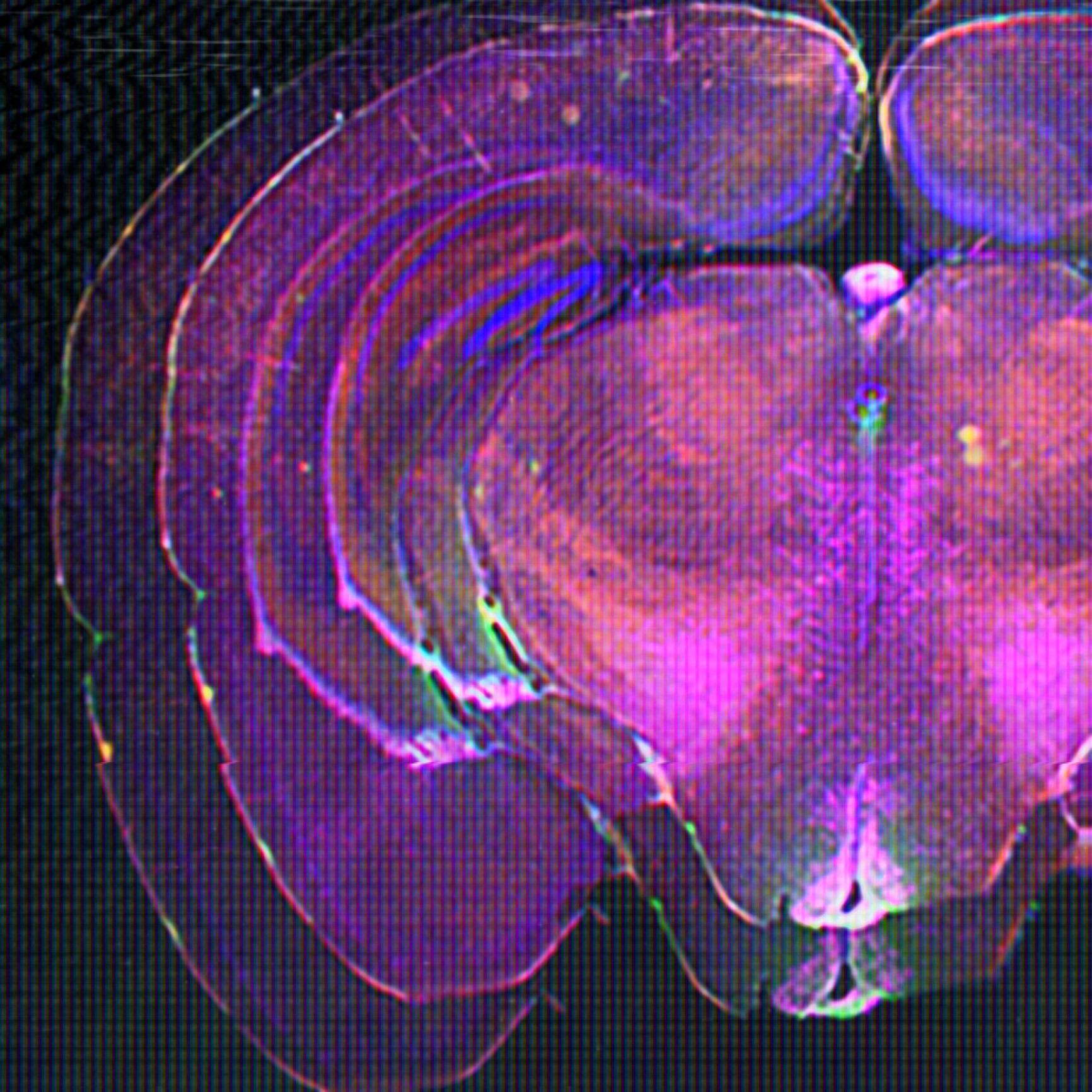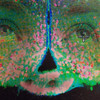Gender Mosaic: Beyond the Myth of the Male and Female Brain by Daphna Joel and Luba Vikhanski
Not so long ago, I asked my 6-year-old niece what she wanted as a gift for her birthday. "A cute toy for girls," she said. "What does it mean for girls", I asked. It turned out she wanted all sorts of things for drawing, and in her 6-year-old brain, drawing was already gendered, just like almost every other activity.

For many years, females were excluded from research and clinical trials. When researchers finally started to study dimorphism in human behavior, the results were often interpreted in line with patriarchal culture. Professor Daphna Joel argues that there are no two distinct groups of people on Earth. In her book, she presents her study that shows the absence of "male" or "female" brains. There are some brain features that, on average, are more common in males and others — in females, but these features don’t add up sequentially. As a result, each brain is a patchwork or mosaic of different features.
Knowing about brain plasticity, I personally think that at least some of the differences are products of gendered socialization and not a result of pre-programmed sexual dimorphism. But we can’t actually check it because, for now, we have zero gender-free societies to investigate. But even in our heavily gendered society, where most of us were molded to exhibit certain behaviors and suppress others according to our sex, we still don’t see this "nice" binary picture in brains.
Besides presenting data from MRI studies, Daphna also explains basic concepts of gender, biases, and their effects on society. She briefly touches on previous research and discusses how we can improve things on a personal level.
Daphne also has a website where you can fill out a questionnaire and find out your own gender mosaic.
I think this is a very useful book that will allow many to either look at issues of gender roles for the first time or consider them from a new, neuroscience perspective. I recommend reading it.
